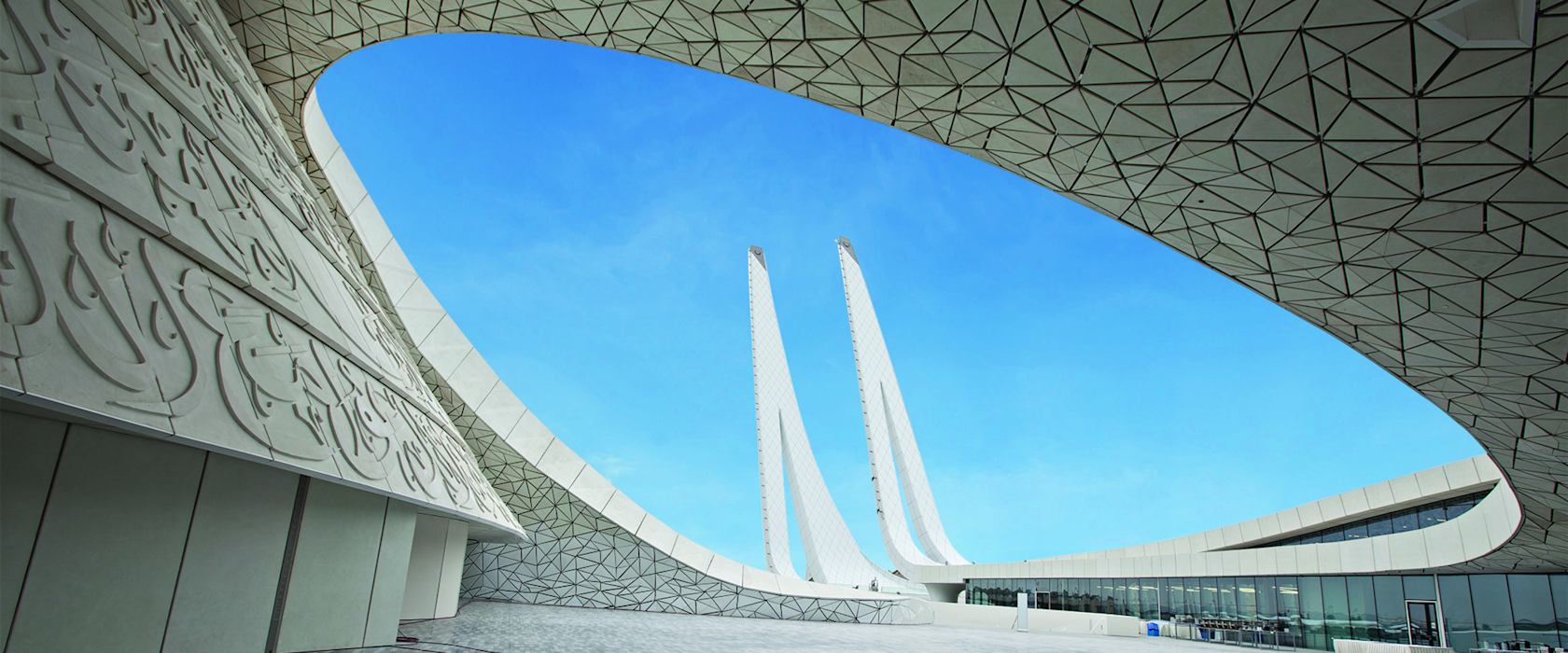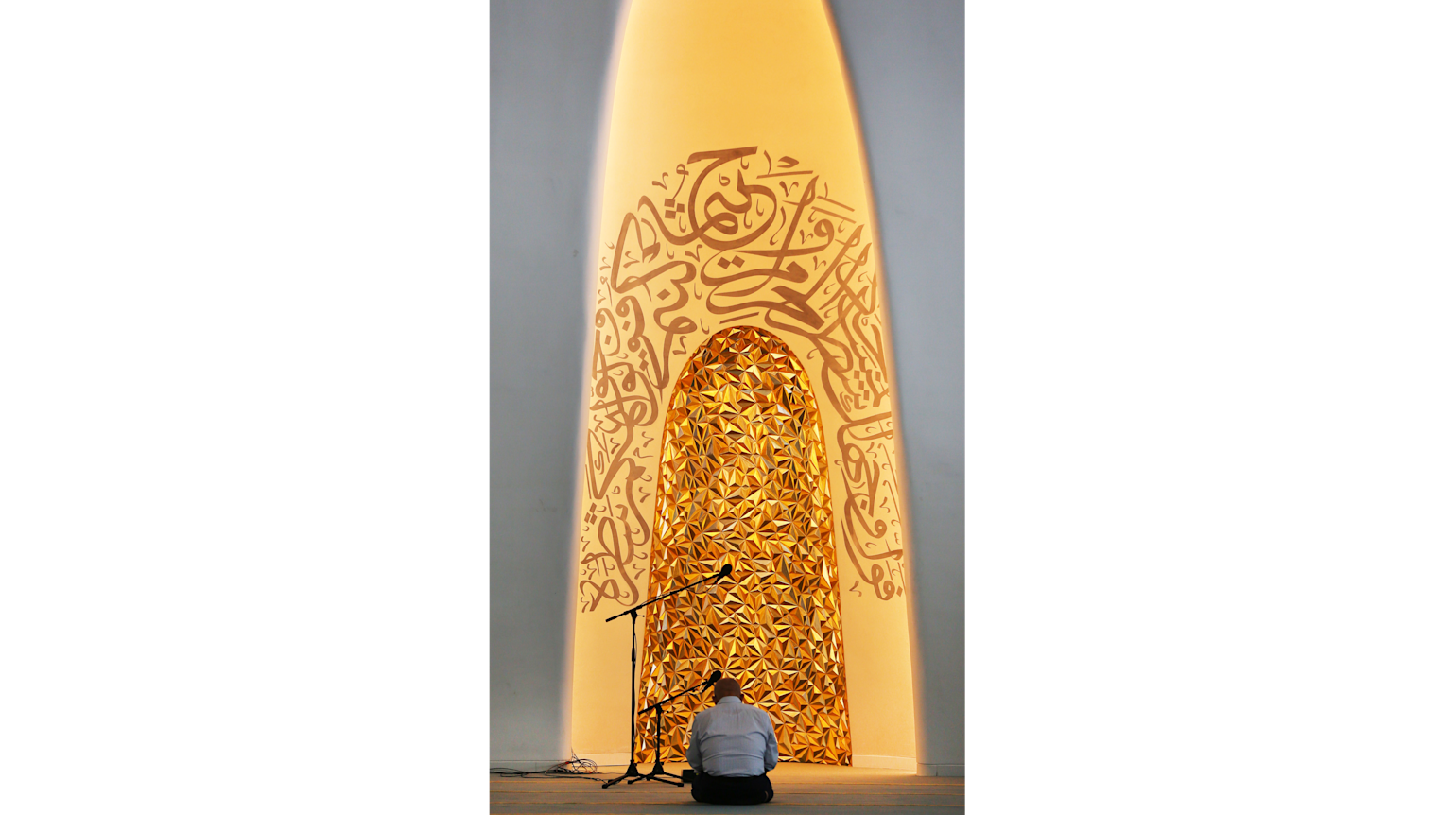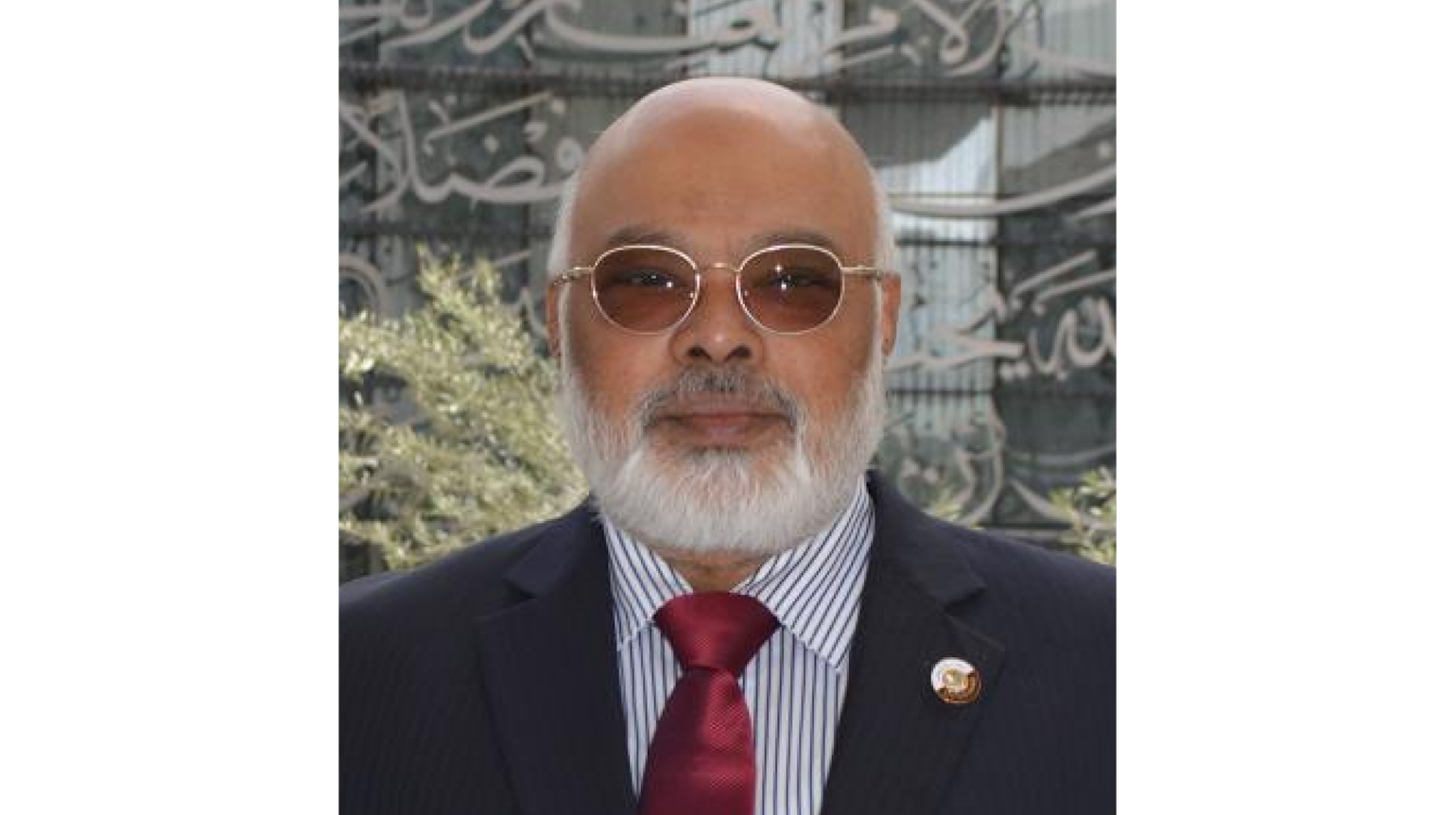Coronavirus (COVID-19) Updates
For the latest COVID-19 information and updates from Qatar Foundation, please visit our Statements page

Dr. Dheen Mohamed, Professor of Comparative Religion at HBKU’s College of Islamic Studies, says that the spirit of Ramadan can bring man back to his original state
We must take into account the differences between modernity and modernism. By modernity, we mean the achievements of modern science and technology that have revolutionized human life. While modernism is a philosophy and a worldview. And what I am talking about is modernity, not modernism.
Religions are not immune to influence of modernity – they have been affected in many ways, both positive and negative. However, fasting as a ritual has not been affected by modernity, and cannot be.
Naturally, religions are not immune to influence of modernity – they have been affected in many ways, both positive and negative. However, fasting as a ritual has not been affected by modernity, and cannot be. Nevertheless, many aspects of social life related to Ramadan have changed. Artificial intelligence and the constant changes in the area of information and communication have created a world where people are connected to others at all times, but at the same time physically with no one. Family gatherings and meetings with friends have become virtual. Online orders and quick delivery facilities are fast replacing more traditional forms of acquiring food and commodities.
Fasting during Ramadan is an extremely worthwhile tool for modern man. It can help him to combat one of the most negative consequences of modernity: forgetfulness.
Figuratively speaking, modernity had socially distanced us prior to the coronavirus pandemic. And nowadays, even when people meet physically, they are in their virtual world – an unprecedented alienation. And this has affected the feel of Ramadan.
In addition to being a religious obligation for Muslims, fasting during Ramadan is an extremely worthwhile tool for modern man. It can help him to combat one of the most negative consequences of modernity: forgetfulness. A Muslim is supposed to be living conscious of God, in the state of Ihsan as the Prophet Muhammad (Peace Be Upon Him) said. But modernity, with all its achievements, has rendered man greedy for power and wealth and left him preoccupied with competing with others to attain more.

Daily public Iftar meals and spiritual gatherings of the night prayers at the Education City Mosque have become one of the much-awaited Ramadan events both by locals and expatriates, according to Dr. Dheen Mohamed.
Ramadan provides an opportunity for people to reorient their bearings and calibrate their soul and faith to God. This is the strength of Ramadan and its spirit and value.
The result has led many to forget themselves and their goal in life as Muslims. “And be not like those who forgot Allah, so He made them forget themselves” as the Holy Qur’an says. Ramadan helps Muslims to overcome that forgetfulness and serves as a reminder of their origin and destiny, it also provides an opportunity for people to reorient their bearings and calibrate their soul and faith to God. This is the strength of Ramadan and its spirit and value. It can bring man back to his original nature, to the state of “reevaluate the relationship with the creator”.
Most of the customs and traditions in Qatar during the month of fasting are beautiful reflections of aspects of reevaluate the relationship with the creator. Visits between families and friends; charitable initiatives and projects – locally and internationally; and above all, providing Iftar meals to all are occasions that display the spiritual values that are integral to the Islamic culture of the Qatari society. The spirit of the time should not make us sacrifice our great values. The renowned French Islamist Henry Corbin said: “ordinary man is shaped by time, spiritual man shapes time”.
Qatar's belief in the deep-rooted Islamic culture and heritage, through which Qatar has adopted, sponsored, and implemented dozens of pioneering initiatives and projects to promote and embody them, led Doha to be named the Arab Region's Capital of Islamic Culture for 2021. And this spiritual strength and awareness of the nation’s cultural identity has encouraged Qatar Foundation (QF) to work for the preservation of the social and spiritual values of the country in Ramadan. Daily public Iftar meals and spiritual gatherings of the night prayers at the Education City Mosque have become one of the much-awaited Ramadan events both by locals and expatriates, in addition to specially arranged lectures and Holy Qur’an classes. In this manner, QF is working to revive the spirit of Ramadan, and helping people across the country to overcome the challenge of forgetfulness.

Dr. Dheen Mohamed, Professor of Comparative Religion at HBKU’s College of Islamic Studies.
Dr. Dheen Mohamed is a Professor of Comparative Religion at College of Islamic Studies at the Muhammad Bin Hamad Al Thani Center for Muslim Contribution to Civilization in Doha, Qatar, since 2013. He was previously Professor and Associate Dean for Academic Affairs in the College of Sharia and Islamic Studies at Qatar University. In 1988 he obtained a doctorate in comparative mysticism from Al-Azhar University in Cairo from where he also obtained his Masters and Bachelors degrees. His research interests are in Comparative Religion, Comparative Mysticism, Islamic Philosophy, Modern Thought and Contemporary Islam. He is the author of several books, research articles and book chapters. The list of his books includes What is Islamic Thought, The Impact of Globalization and the Study of Religions; Towards a Science of Comparative Religion in the Universities of the Muslim World; and Muslims, The Contemporary Religious Map of the World and Tasawwuf and Mysticism: A terminological study. His current academic engagements include preparing a monograph on Abu Yazid al-Bistami and a reference work on Comparative Mysticism in Arabic.

